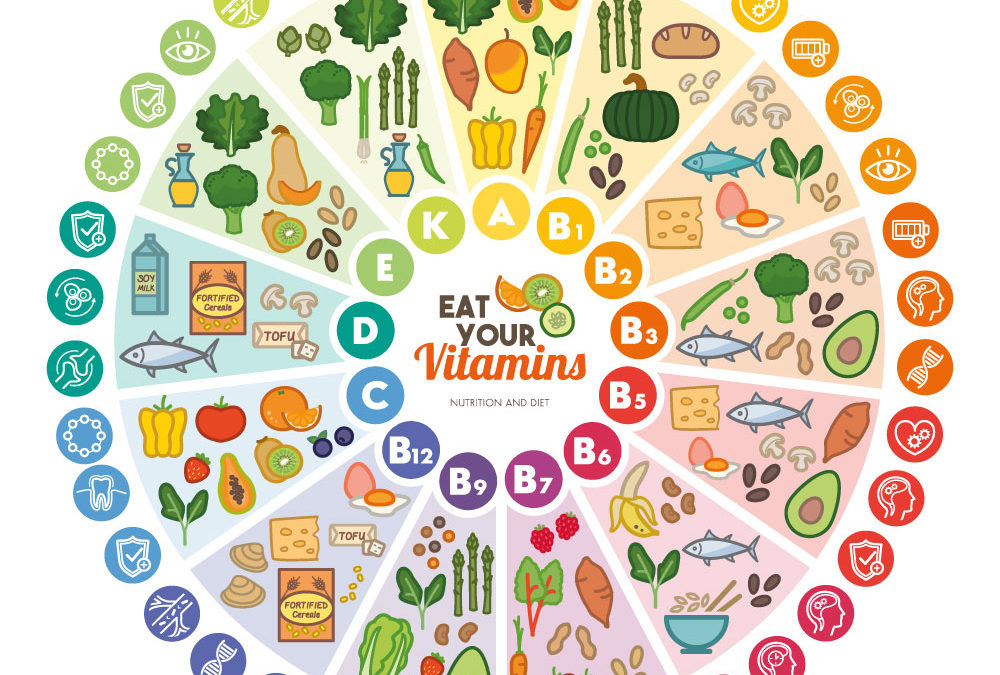
May 26, 2015 | Community News, News, Research News
May 27, 2015 • A vitamin is an organic compound that cannot be made by the human body, but is a required nutrient vital for its various functions. Vitamins are needed in only limited amounts and thus are traditionally derived from our diet. And, yet, nearly half of the U.S. population takes multivitamin supplements—even in times of financial downturn. In 2010 the U.S. supplements industry reached $28 billion in annual sales. And, although no clear scientific need has been defined for vitamin supplementation, the most common reason for taking vitamins is a desire to “improve” or “maintain” overall health, according to a poll conducted by the National Institutes of Health in 2013.
May 4, 2015 | Community News, News, Research News, Zeisel News
May 4, 2015 • Members of the UNC-Chapel Hill community will come together at a common table when they examine food studies as UNC’s 2015-2017 university-wide academic theme.
“Food for All: Local and Global Perspectives,” which builds on UNC’s 2012-2015 “Water in Our World” focus on global water issues, will challenge all areas of the university to examine wide-ranging topics from food cultures and nutrition, to food security, world hunger, agricultural economics, resource management, sustainable development, climate change and international trade.
April 30, 2015 | Community News, News, Research News, soundbite-enews, Soundbites
May 6, 2015 • May 2015’s SoundBites features: Renowned Nutrition Scientist Speaks on Longevity; Nutrient Bar Results in Broadscale Health Improvements After Only Two Months; Eat More Produce, Reduce Cancer; and the Lettuce Eat Café
April 29, 2015 | Community News, News, Research News
May 1, 2015 • A fruit-based micronutrient and fiber-dense supplement bar (the “CHORI-bar”), conceived by Drs. Bruce Ames and Mark K. Shigenaga at Children’s Hospital Oakland Research Institute (CHORI), was shown in clinical trials to improve metabolism in overweight/obese (OW/OB) otherwise healthy adults in ways that are consistent with reduced risk of type 2 diabetes and cardiovascular disease. Consumption of the bar for two months also reduced chronic inflammation, and initiated a reduction in weight and waist circumference. Decreased inflammation and improved weight and weight distribution can lower the risk of many chronic diseases.
April 29, 2015 | Community News, News, Research News
April 30, 2015 • The University of North Carolina at Chapel Hill will come together at a common table when it examines food and food studies as its 2015-2017 university-wide academic theme. “Food for All: Local and Global Perspectives,” which builds on Carolina’s 2012-2015 “Water in Our World” focus on global water issues, will challenge all areas of the University to examine wide-ranging topics from food cultures and nutrition, to food security, world hunger, agricultural economics, resource management, sustainable development, climate change and international trade.
April 29, 2015 | Community News, News, reading, Research News
April 29, 2015 • It’s spring! Farmers markets are opening and these are great places to find a variety of local, seasonal produce, which flourishes now. Making room for these powerhouses in your everyday food choices is important for your health. A 2012 peer-reviewed analysis in Food and Chemical Toxicology states that approximately 20,000 cancer cases could be prevented every year if one-half of Americans were to increase their serving of fruits and vegetables by one serving per day.

